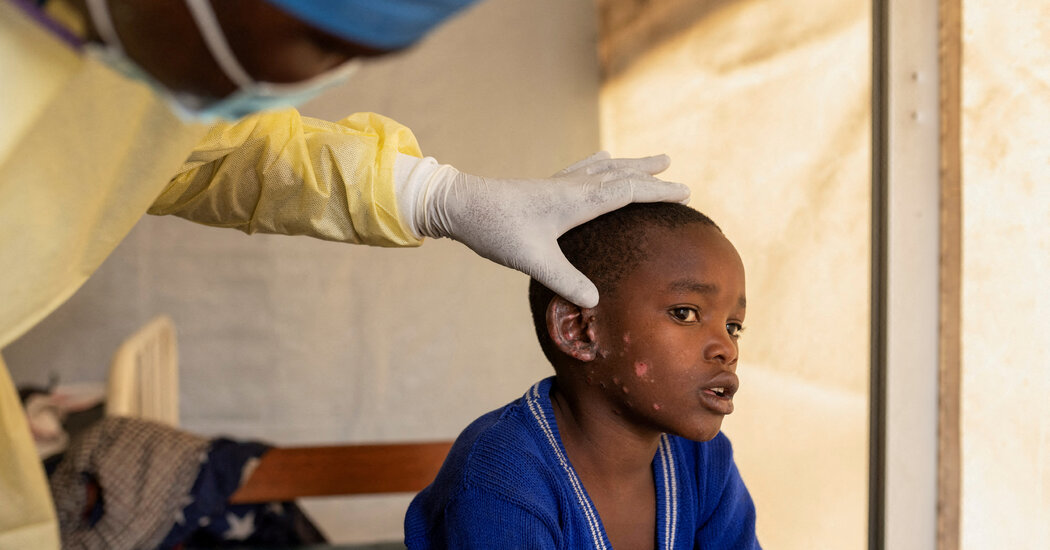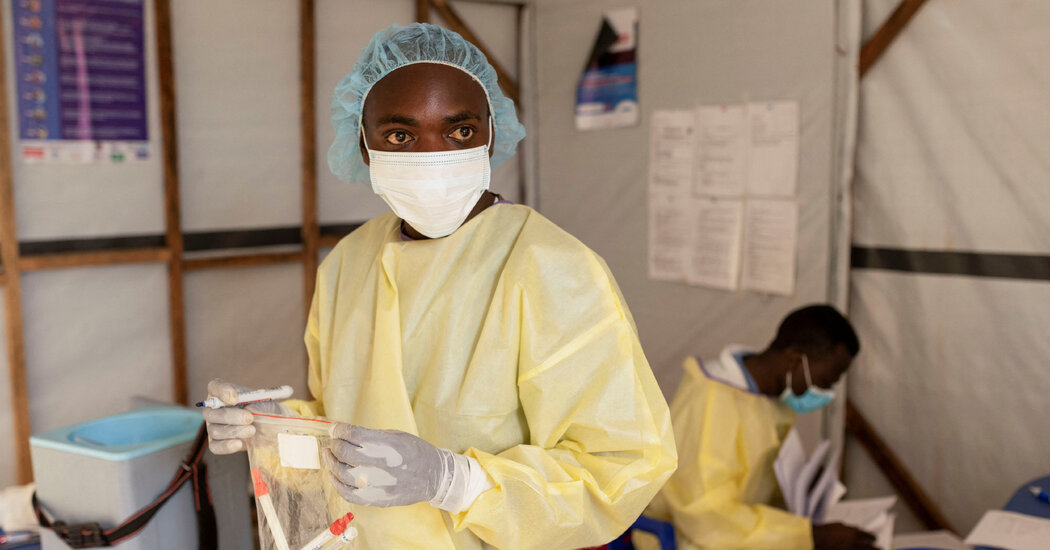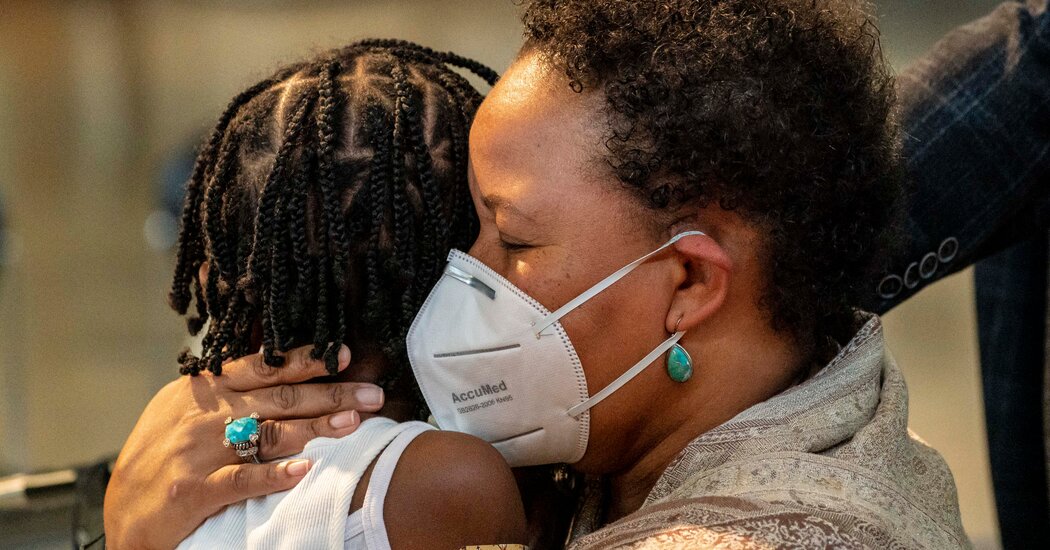Hoau-Yan Wang, a professor at City College, published studies supporting simufilam, now in advanced clinical trials.A scientist whose research has been at the center of controversy over an Alzheimer’s drug candidate has been charged with fraud.A federal grand jury on Thursday indicted Hoau-Yan Wang, a professor at the City College of New York, on charges of falsifying data to obtain grants totaling roughly $16 million from the National Institutes of Health.Dr. Wang’s studies underpinned research into a diagnostic test for Alzheimer’s disease and simufilam, a drug in advanced clinical trials. Simufilam’s manufacturer, Cassava Sciences, a pharmaceutical company based in Texas, has said the drug improves cognition in Alzheimer’s patients.Alzheimer’s disease affects roughly six million Americans — a number that is expected to double by 2050 — and promising treatments generate tremendous excitement. Cassava’s stock soared after each round of reported results from its trials.But some scientists had publicly disparaged the drug, saying its mechanism of action and purported results were implausible. Some went further and accused the company and Dr. Wang, its scientific consultant, of manipulating results. Several journals retracted or attached statements of concern to publications by Dr. Wang and a co-author at Cassava.Hoau-Yan WangAfter the indictment was announced on Friday, Cassava’s stock plummeted to its lowest price since October 2020.Remi Barbier, the founder and chief executive of Cassava, did not immediately respond to a request for comment. But in a statement posted on its website, the company said Dr. Wang’s work “was related to the early development phases of the company’s drug candidate and diagnostic test.”“Dr. Wang and his former public university medical school have had no involvement in the company’s Phase 3 clinical trials of simufilam,” the statement said.A publicist for the company pointed to a September 2023 publication that he said provides “independent verification of the science.”An investigation by the City University of New York, of which the college is a part, struggled for months to obtain access to Dr. Wang’s files. Eventually, members of the investigating committee concluded that Dr. Wang had been “reckless” in his failure to keep or provide original data, an offense that “amounts to significant research misconduct.”Neither the college nor Dr. Wang immediately responded to requests for comment on the indictment.Dr. Wang is now accused of falsifying data in grant applications over nearly eight years ending in April 2023, according to the Justice Department. Some of the grants funded Dr. Wang’s salary and laboratory research at the university.Federal prosecutors charged Dr. Wang with multiple counts of fraud and false statements. If convicted, he faces a maximum prison sentence of 55 years.The Federal Bureau of Investigation’s Washington field office is investigating the case. The indictment was handed down in Maryland, where the N.I.H. is based.In an emailed statement, Renate Myles, a spokeswoman for the N.I.H., said the agency “does not discuss grants compliance reviews on specific funded awards, recipient institutions or supported investigators.”“However, N.I.H. takes research misconduct very seriously,” she said. “N.I.H. promptly and carefully reviews all allegations of research misconduct received.”
Read more →










